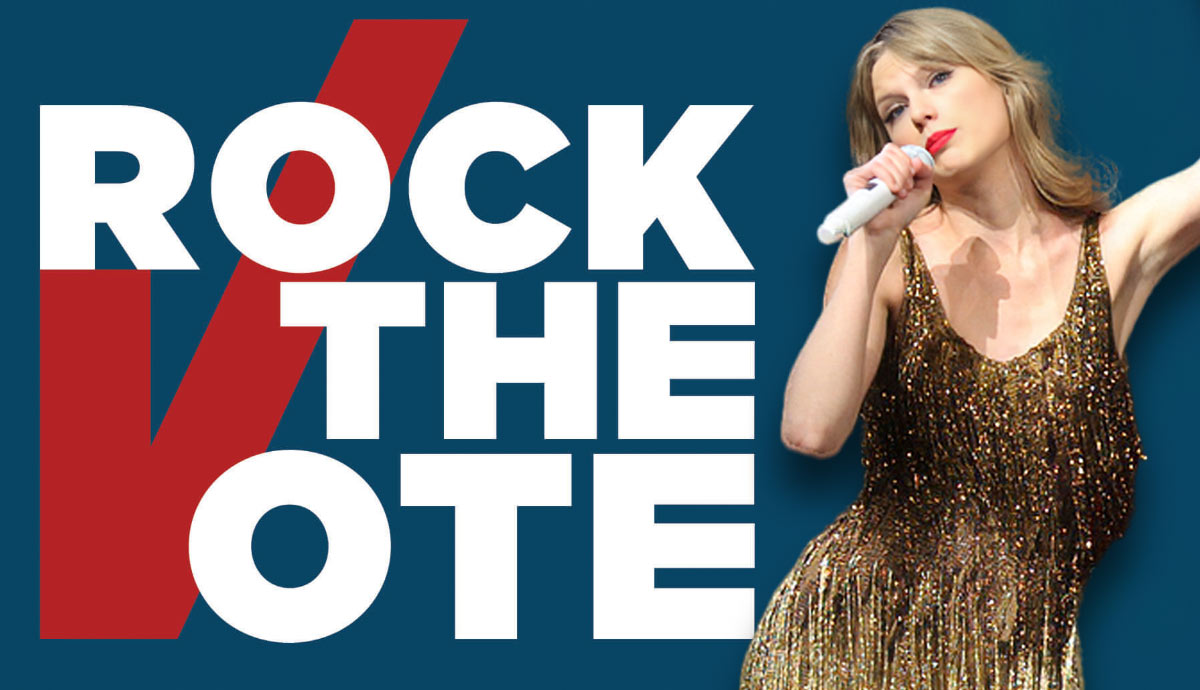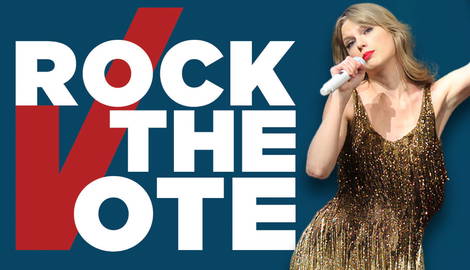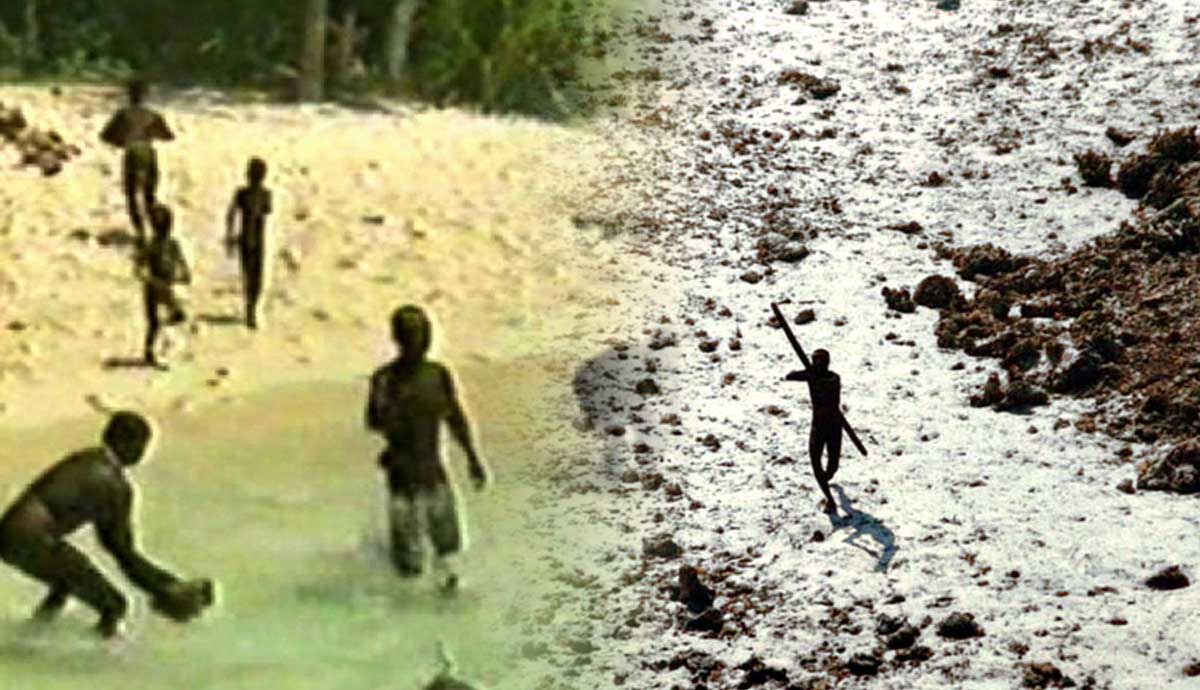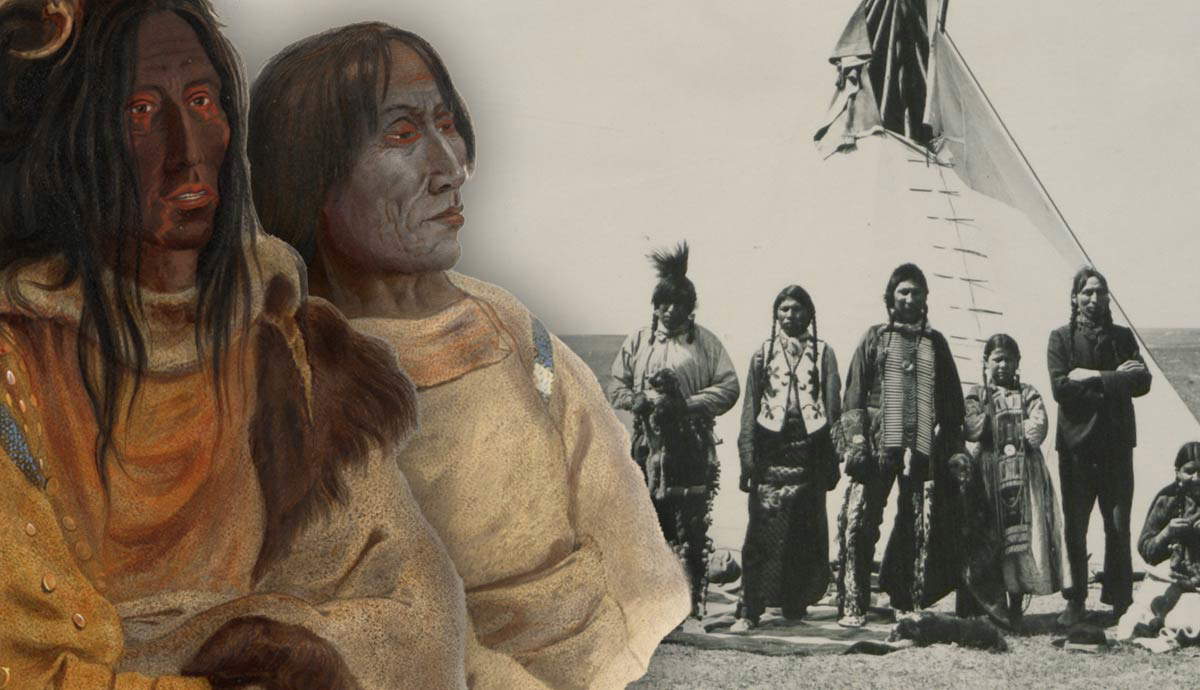
Politicians connecting with voters is not new in American elections, and candidates have always sought to associate themselves with voters as a means to secure their support. For over two centuries, voters have been influenced and possibly even motivated by campaign songs and pop culture either to vote for a particular candidate or simply to get out and vote in the first place. From George Washington to Barack Obama, music and popular culture have been used to promote political causes throughout the entirety of American history.
Early Uses of Campaign Songs

Though George Washington was elected unanimously as the first president of the United States in 1789, several musical tributes were made to the man who had led the country through the American Revolutionary War. One of the first examples of music honoring Washington was “God Save George Washington,” a song set to the tune of “God Save the King.”
“God Save George Washington” was published in the Philadelphia Continental Journal in April 1786 with the lyrics:
God save great Washington,
His worth from ev’ry tongue,
Demands applause;
Ye tuneful pow’rs combine,
And each true Whig now join
Whose heart did ne’r resign
The glorious cause.
Though many songs followed, “God Save George Washington” was the perfect example of music’s influence on politics. Not only was the song set to a familiar tune of the time, but it also served as a political tool to honor Washington’s exploits as a military and political leader while also humiliating the British Empire by replacing the king with the president.

The first proper campaign song, however, came out with the election of 1840 between the Whig candidate General William Henry Harrison and the incumbent president Martin Van Buren, co-founder of the Democratic Party.
Thought of as the first “attack ad,” the song “Tippecanoe and Tyler Too” was penned to the tune of “Little Pigs,” a minstrel song from the time. The hero of the song was General Harrison, nicknamed “Tippecanoe” as a result of his victory over Tecumseh’s Confederacy at the Battle of Tippecanoe 1811, while Tyler referred to Harrison’s running mate John Tyler. In contrast, the song belittled Van Buren by referring to him as “little Van” and “little Matty.” The first verse and chorus read:
What’s the cause of this commotion, motion, motion,
Our country through?
It is the ball a-rolling on
For Tippecanoe and Tyler too.
For Tippecanoe and Tyler too.
And with them, we’ll beat little Van, Van, Van,
Van is a used-up man.
And with them, we’ll beat little Van.
At the time, the North American Review wrote that the song “sang Harrison into the Presidency.” Accordingly, the 1840 election set a precedent for candidates to come up with their own campaign songs in election years.
20th Century Music in Elections

During the first half of the 20th century, candidates continued to have their campaign songs set to recognizable tunes like “Yankee Doodle.” However, the 1952 election took the mix of popular music and culture even further with Dwight D. Eisenhower’s campaign for president.
Instead of reworking a popular song, Eisenhower’s campaign had popular composer and songwriter Irving Berlin write his campaign song titled “I Like Ike.” On top of the personalized song, Eisenhower’s campaign set the tune to an advertisement animated by Walt Disney. It was the first campaign ad to be shown on TV and blended popular music and popular culture.
Eisenhower’s campaign is still well-known in the American political zeitgeist, and “I Like Ike” remains one of the most famous political slogans from the history of American presidential campaigns.

Just eight years later, another iconic campaign song would frame the presidential election of 1960. For his campaign song, the Democratic candidate John F. Kennedy used a rewritten version of the song “High Hopes” by his personal friend, Frank Sinatra. The first verse goes:
Everyone is voting for Jack
Cause he’s got what all the rest lack
Everyone wants to back – Jack
Jack is on the right track.
‘Cause he’s got high hopes
He’s got high hopes
Nineteen Sixty’s the year for his high hopes.
Come on and vote for Kennedy
Sinatra was a massively popular singer and used his popular song to signal his endorsement for Kennedy. Since then, several presidential hopefuls have sought to associate themselves with popular celebrities to promote their values, whether through songs that are already popular, or by way of personalized songs specially written for the campaign.

During the 20th century, political candidates began running into trouble by using artists’ music without their permission. During his campaign for re-election in 1984, President Ronald Reagan praised Bruce Springsteen’s song “Born in the USA” as a patriotic anthem.
While Reagan never actually used the song in his campaign, he did quote it in campaign speeches while also expressing admiration for Springsteen. This did not go over well with the musician, who has repeatedly expressed distaste for his songs being used by politicians. Not only did Ronald Reagan end up in hot water with Springsteen, but so did Republican presidential hopefuls Bob Dole and Pat Buchanan, both of whom tried to use the song and were asked to stop.
The irony of several politicians attempting to use Springsteen’s “Born in the USA” as a patriotic campaign song is that the song is actually a criticism of the political divisions in the USA during the 1970s, commenting on issues that Springsteen experienced in New Jersey, as well as on the plight of veterans who were neglected and alienated after returning home from the Vietnam War.
While politicians were using music and pop culture to bolster their own campaigns, pop culture giants like MTV also began to use music as part of voter turnout campaigns.
MTV’s Rock the Vote

Partisan campaign music, however, has not been the only way pop culture and popular music have influenced US elections in the past three decades. Voter turnout in presidential elections had remained fairly steady throughout the latter half of the 20th century, but numbers have steadily declined in the 18-24 age group.
In 1964, the percentage of voter turnout for the youngest age group hovered around 50%. While this was lower than the national average, it also represents the highest number of young voters in the last 60 years. These figures would slip lower and lower until only 36.2% of eligible Americans aged 18-24 voted in the 1988 election between George H.W. Bush and Michael Dukakis.
In 1990, Jeff Ayeroff, a music executive with a background in political science and law, watched as the youth vote slipped and politicians focused on older voters. Older Americans have always been more likely to vote in presidential elections, and candidates used this to their advantage by targeting their messaging and policies toward them. While presidential hopefuls used music to support their campaigns, they simultaneously attempted to villainize rock n’ roll and popular culture as bad influences on young people. Until 1990, there was no voice for the youth vote that could counteract the demonization of rock music and popular culture in politics.

Ayeroff, an entertainment lawyer and video executive for the likes of The Police, Madonna, Prince, and ZZ Top, founded Rock the Vote in an attempt to arrest the decline of the youth vote. The non-profit organization then partnered with MTV and initially attempted to attract young voters by putting up tents at concerts and music festivals.
However, RTV’s big break came when Ayeroff’s client and personal friend, Madonna, appeared in a public service announcement on MTV, encouraging young Americans to vote in the 1992 presidential election. The effect was immediate and successful, with the 18-24 vote jumping from 36.2% in 1988 to 42.8% in 1992.
One thing was clear: the confluence of popular culture and politics could help influence voter action. Over 30 years later, Rock the Vote still works within that confluence and has continued to encourage young Americans to vote in presidential elections. Based on the 2020 voter turnout, with 48% of Americans aged 18-24 voting, the youth vote now counts more than ever.
Recent Music & Pop Culture Influence on Politics

The rising youth voter turnout indicates that the number of votes increases alongside political awareness. In the last 20 years, this correlates with the rise of direct access to information via the Internet and social media.
Pop culture has moved to a new stage, which has allowed celebrities the opportunity to communicate directly with their fans like never before. This has encouraged musicians and celebrities to promote movements they support, such as getting out the vote in presidential elections.
This is evident in many ways, whether through Instagram ad spots in which Samuel L. Jackson promises to teach fans to swear in 15 different languages if 2,500 people register to vote or Ariana Grande setting up voter registration booths on the American leg of her tour in 2019 and subsequently registering 33,000 new voters.
A 2024 Harvard study showed that celebrity involvement directly affects the level of civic engagement in America, especially among the younger American public. Young voters generally “have relatively low levels of trust in a lot of leaders and institutions, including traditional news media—but celebrities are often a rare exception,” according to Ashley Spillane, a political and civic engagement expert and author of the Harvard study.

This means that as voting becomes more trendy as a result of pop culture and music, the engagement of voters increases. This is exemplified by celebrities like Taylor Swift who, after posting a link to www.vote.org on her Instagram story on National Voter Registration Day in 2018, was directly responsible for 65,000 new registered voters in 24 hours.
The relationship between voter engagement and pop culture has only grown since the advent of the 21st century, and it is clear that politics, music, and celebrities are inextricably linked. Political figures continue to use music to bolster their platform and their relatability, whether that is Kid Rock performing at the Republican National Convention or former President Barack Obama posting his twice-yearly playlist of “favorite songs” to his Instagram feed. Politics and popular culture have a long-established connection, which will only continue to strengthen in an increasingly connected world.










